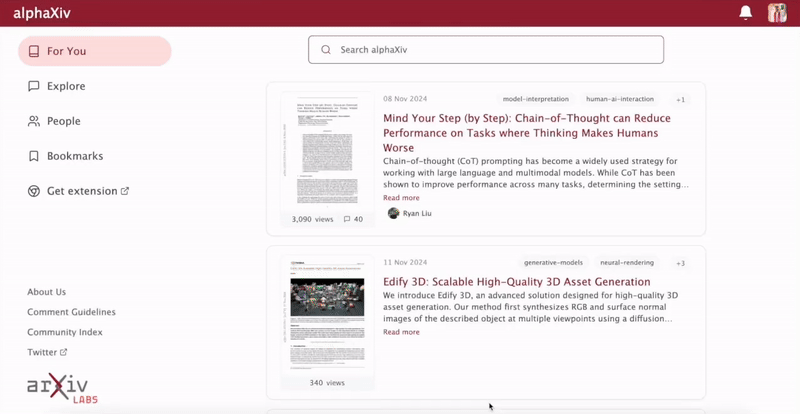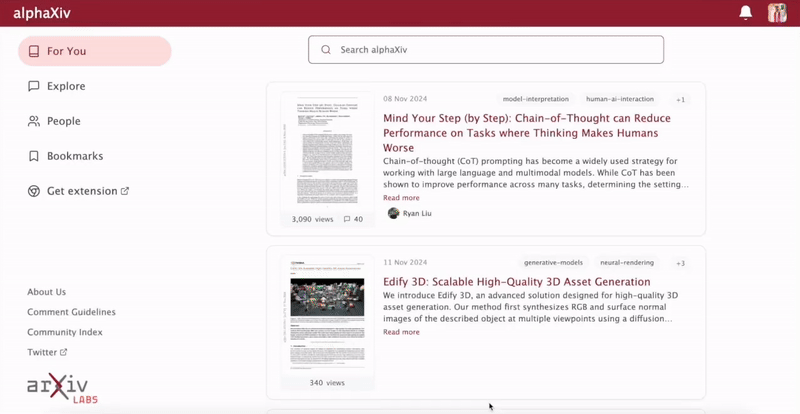Massive number of simultaneous Internet of Things (IoT) uplinks strain gateways with interference and energy limits, yet devices often lack neighbors' Channel State Information (CSI) and cannot sustain centralized Mobile Edge Computing (MEC) or heavy Machine Learning (ML) coordination. Classical Bayesian solvers help with uncertainty but become intractable as users and strategies grow, making lightweight, distributed control essential. In this paper, we introduce the first-ever, novel epistemic Bayesian game for uplink power control under incomplete CSI that operates while suppressing interference among multiple uplink channels from distributed IoT devices firing at the same time. Nodes run inter-/intra-epistemic belief updates over opponents' strategies, replacing exhaustive expected-utility tables with conditional belief hierarchies. Using an exponential-Gamma SINR model and higher-order utility moments (variance, skewness, kurtosis), the scheme remains computationally lean with a single-round upper bound of
O(N2S2N). Precise power control and stronger coverage amid realistic interference: with channel magnitude equal to
1 and a signal-to-interference-plus-noise ratio (SINR) threshold of
−18 dB, coverage reaches approximately
60% at approximately
55% of the maximum transmit power; mid-rate devices with a threshold of
−27 dB achieve full coverage with less than
0.1% of the maximum transmit this http URL
80% interference, a fourth-moment policy cuts average power from approximately
52% to approximately
20% of the maximum transmit power with comparable outage, outperforming expectation-only baselines. These results highlight a principled, computationally lean path to optimal power allocation and higher network coverage under real-world uncertainty within dense, distributed IoT networks.

